Part 1
Part 2
Data Resources:
Math and ELA:
Other:
Module 5: Leaders Engaging in
Systems Change
Taking actions to improve a school’s operations, conditions, environment or any other systemic feature based on an analysis of student outcomes and their access to evidence-based services requires much coordination and planning. In this module, teams are taught how to use the evidence collected in the Problem Analysis step from the previous module to develop a highly detailed plan. Teams are guided to consider any potential threats to the plan’s feasible use in current school climate or conditions, and if concerns are realized, pre-correction or installation steps are built into the plan (e.g., provide training to interventionists before starting an intervention). Teams are taught the importance of fidelity in this module and they are reminded of early modules expressing this feature as a common to why students may not benefit from our services. Procedures for how to measure the plans fidelity and success of improving outcomes is also taught, and teams are then guided on how to develop “decision-rules” for use when they engage in the final step of problem solving. As a forward to the next module, teams are taught the “back-and-forth” relationship between implementing the plan and monitoring its impacts on outcomes. As outcomes show little to no improvement, plans are adapted and refined until desired outcomes are achieved.
Objectives:
- Learn to evaluate effectiveness of school improvement changes
- Determine next year’s implementation needs for continuous improvement
- Develop goals and actions for use in School Improvement plans
- Develop actions for building classroom leaders and continued stakeholder engagement
Time Required: 1.5 hours


